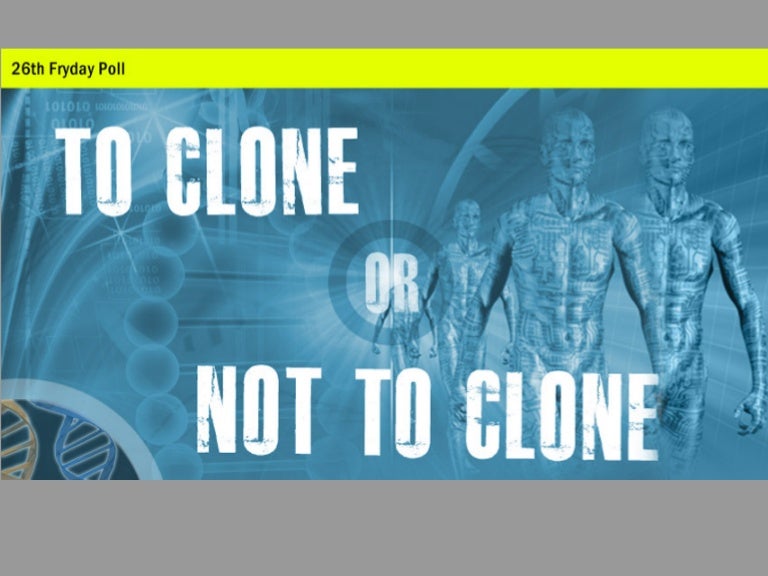This news talks about the cloning of a sheep, due to the 20th anniversary of this experiment being carried out and about what has science learned after the experiment.
First of all, it explains how the experiment went 20 years ago. Some scientists had already been able to clone adult animals, such as frogs, but they hadn't been able to clone mammals, thinking that their genetic material presented problems in the cloning. However, the scientists in the Roslin Institute in Scotland achieved their objective and finally were able to produce a clone of an adult sheep, which they called "Dolly". They announced this sucess months after it happened, because they needed to gather enough information about the experiment.
The announcement had a big impact on different aspects, and it called up several scientists groups to research other ways to modify cells and it was good news in the field of the stem cells, which scientists, after Dolly's birth, believed could repair damaged human tissues, and in the field of genoma editing. The announcement had also an impact on the general public, who, according to the director of the Division of Genomics and Society at the NGHRI, Lawrence Brody, started to talk about science and became interested on the topic.This also lead to debates about the ethical and moral issues in cloning.
Dolly died at the age of 6, while average sheeps die at the age of 10 or 12, so both her "cloned sisters" and her lived shorter than an average sheep does. The sheep became a model of cloning, and after her, other mammals such as mice, deers or horses could be cloned.
PERSONAL OPINION:
Even though it happened many years ago, it still seems surprising to me the fact that scientists were able to clone a mammal such as a sheep, that is quite big. And of course, that was a big step in the scientific field. About the ethical and moral debates, I think it's good to know how to clone because, as I say, it represents an important step in science and it can maybe be useful to investigate other issues, but I don't think it should be something avaialable to many people, because it is not a natural thing and it can lead to important problems.
VOCABULARY:
· Traced: rastrejat· Groundwork: treball preparatori
· Batch: tanda, lot
LINK: http://www.foxnews.com/science/2017/02/24/20-years-after-dolly-sheep-what-have-learned-about-cloning.html

/cdn0.vox-cdn.com/uploads/chorus_asset/file/8027391/Screen_Shot_2017_02_22_at_1.25.28_PM.png)
